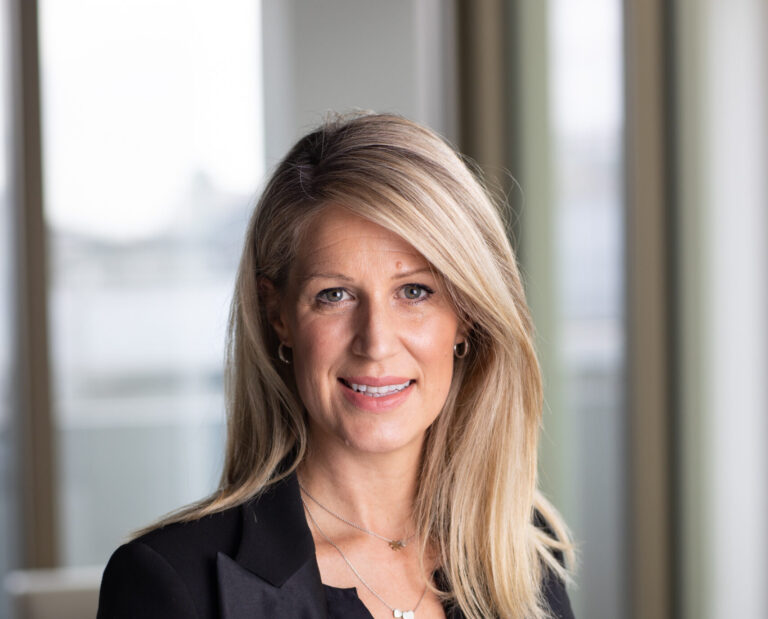66% of Irish businesses believe that working practices accelerated by the COVID-19 pandemic, such as an increased digital and flexible work environment, have had a positive impact on women’s careers globally in the past eleven months. This is according to research included in the Women in Business 2021 Report published by Grant Thornton.
42% of those surveyed in Ireland agreed that new working practices have enabled women in business to play greater leadership roles within their organizations. With 48% of those surveyed in Ireland expecting the new working practices to benefit women’s career trajectories long-term – this is mirrored globally with 69% of those surveyed globally agreeing.
Commenting on the findings, Dan Holland, Partner and Head of Diversity and Inclusion at Grant Thornton Ireland says: “It is encouraging to see an improvement on the number of women holding senior leadership roles in Irish businesses, growing from 31% in 2020 to 33% in 2021. Globally this figure sits at 30%, an important milestone for businesses internationally, but not the end goal. In order to reap the benefits of a better gender balance, businesses must continue to take action to enable women to realise their ambitions.”
While we are making encouraging strides, 48% of those surveyed believe that no action is currently being taken to improve gender balance in their organisation and 42% are not aware if their business has a formal gender diversity policy or holds records on this. It is imperative that businesses continue to implement policies that improve gender diversity and increase opportunities for women in management.”
Another encouraging finding in the report is the types of leadership roles women are occupying. Grant Thornton’s research reveals higher numbers of women across operational C-suite roles, with the proportion of female CFO’s at 30% and 19% occupying CEO roles. Globally 26% of businesses now have a female CEO, an increase of 6% on 2020. The proportion of women in more traditional senior HR roles in Ireland was down slightly at 33% and has trended downwards since 2019.
As a result of the new working environment brought about by Covid-19, 63% of Irish organisations state that they are promoting improved work/life balance and flexibility for employees, and 53% are adapting existing learning and development programs to the changing environment, i.e., by making them virtual.
Encouragingly, the majority of those surveyed believe that these practices will continue or increase after the pandemic. On average, across the action areas, 46% expect the emphasis to remain the same and 44% expect the emphasis to increase once the pandemic is over.
Shona O’Hea, Partner in Financial Services at Grant Thornton Ireland states: “My experience this year has mostly been positive in terms of being a woman at work. Within the last twelve months I have moved to working from home full time, had a baby, been on maternity leave and been made partner within my firm.”
So, while my personal example demonstrates working from home wasn’t a limiting factor in progression I am conscious that we were all in the same boat this year and I wonder as restrictions lift if someone working from home full time will ever get the same opportunities and visibility as the person who’s sitting next to the boss every day?”
While increased flexibility has proven to be welcomed by most women and men in traditional office set ups, a robust framework around this will need to be created for businesses to ensure staff who take up flexible working options are not disadvantaged or unconsciously excluded.”
When asked what top three traits they felt will be most important going into 2021, the respondents choose being adaptive to change at number one (66%), innovative at number two (36%) and, being commercial and profit focused as the third most important trait (34%).
The Women in Business 2021 Report will be published by Grant Thornton International, ahead of International Women’s Day. The data for this report is abstracted from The Grant Thornton International Business Report (IBR) which seeks to provide insight into the views and expectations of around 10,000 businesses across 29 economies.


